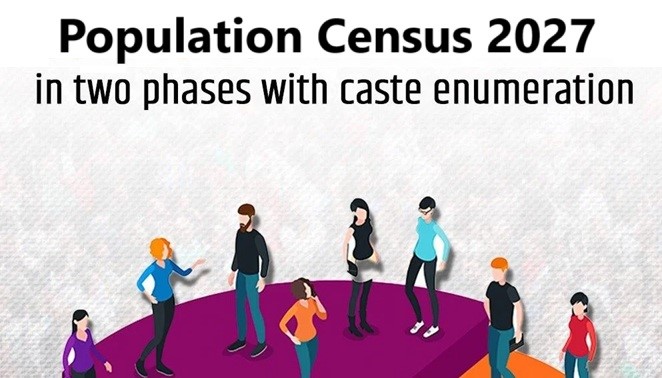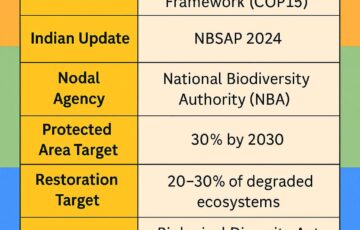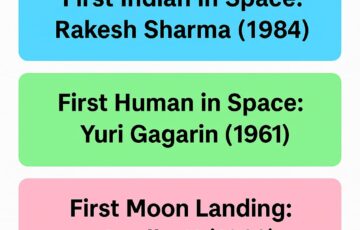India’s Census 2027 to Include Caste Enumeration
India’s Census 2027 to Include Caste Enumeration
Why in the News ?
The Union Home Ministry has announced that the next Census will be held in 2027 in two phases. It will, for the first time since 1931, include caste data for Hindus, and help determine future delimitation and women’s reservation. This decision marks a significant step towards a comprehensive caste census, addressing long-standing demands from various political and social groups.
Census Background and Methodology:
- The first census in India was conducted in 1881 during British rule, marking the beginning of systematic population enumeration in the country.
- The Census is governed by the Census Act, 1948 and is a Union List subject, meaning it falls under the central government’s jurisdiction.
- It is conducted in two phases:
○ House Listing Phase: Collects household information (water, toilet, fuel, gadgets, etc.).
○ Population Enumeration Phase: Gathers individual data (name, age, sex, religion, caste, occupation, literacy).
- The last census of India in 2011 had 35 house-related and multiple individual-level questions.
- The Census is conducted by the Office of the Registrar General and Census Commissioner, India, under the Ministry of Home Affairs.
Significance of the 2027 Census
- First Census since 2011, delayed due to COVID-19.
- First post-2026 delimitation freeze, making it crucial for redrawing parliamentary and assembly seats.
- Will aid implementation of one-third women’s reservation in legislatures.
- Caste enumeration for all Hindus will resume after 1931, addressing long-standing demands from political and civil society groups.
- The data will be vital for affirmative action and social justice measures for backward classes, including OBC and Scheduled Tribes.
- The Census Commissioner of India will oversee this crucial socio-economic snapshot of the nation, ensuring accurate collection of demographic indicators.
Concerns and the Way Forward
- Southern, smaller northern, and northeastern States fear losing political weight if delimitation is based purely on population.
- These States seek to freeze Lok Sabha seat numbers at current levels to prevent imbalance.
- Experts advise building national consensus before the 2029 elections.
- Systematic planning is essential to ensure accurate caste enumeration and fair implementation of women’s reservation.
- The questionnaire and data collection methods will be crucial for capturing accurate socio-economic data.
- The census will provide valuable insights into regional disparities, migration patterns, educational qualification, employment type, and access to sanitation facilities and drinking water.
- This statistical foundation will be instrumental in evidence-based policymaking and designing targeted welfare schemes.
- The census results will have significant policy implications for addressing rural-urban disparity and shaping future consumption patterns.
- As a comprehensive socio-economic snapshot, the 2027 census will serve as a vital tool for political arithmetic and informed governance.
- The field operation for the 2027 Census will be crucial in ensuring comprehensive data collection across all regions and communities.
- The inclusion of caste data in the census is expected to provide a more accurate picture of India’s social structure, potentially influencing future policies on reservation and social welfare.
- With this being the 16th census since the first census in India, it represents a continuation of the country’s long history of population enumeration and demographic analysis.
- The data on drinking water access will be particularly important for assessing progress in rural development and planning future infrastructure projects.
- The census results will likely play a significant role in redrawing electoral boundaries, impacting political representation across the country.






